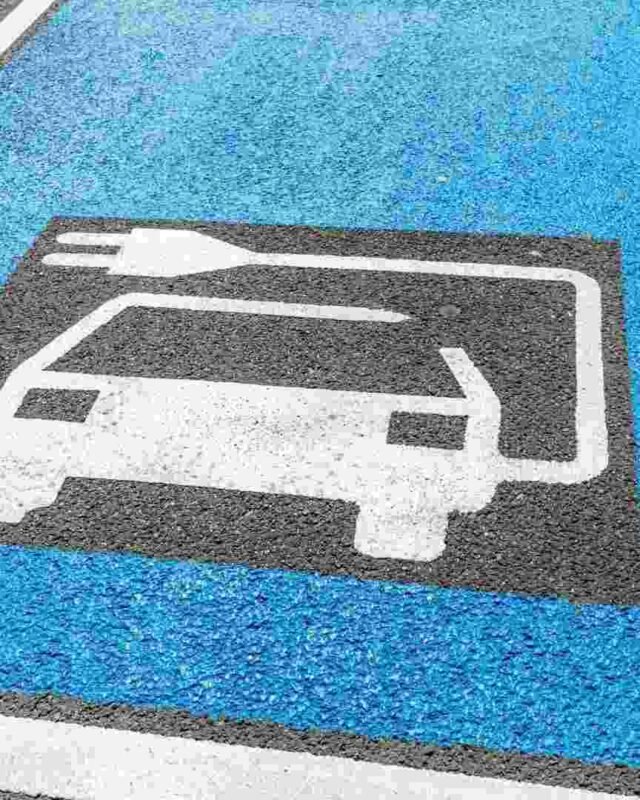Saudi Arabia is on a path to redefine its urban mobility landscape by embracing sustainable practices that align with the Vision 2030 framework. The Kingdom’s ambitious plan aims to reduce its carbon footprint, enhance the quality of urban life, and create a more sustainable future for its growing population. This article explores the key initiatives, technological advancements, and benefits of promoting Sustainable Mobility Practices in Saudi Arabia.
Key Initiatives in Sustainable Mobility Practices
One of the cornerstone initiatives in Saudi Arabia’s sustainable mobility agenda is the development of electric vehicle (EV) infrastructure. The government has announced plans to build numerous EV charging stations across major cities to support the adoption of electric cars. This initiative is designed to reduce the country’s reliance on fossil fuels and cut down on greenhouse gas emissions.
Additionally, Saudi Arabia is investing in the expansion of public transportation networks. Projects like the Riyadh Metro and Jeddah Metro aim to provide efficient and reliable alternatives to private car usage. These metro systems are expected to significantly decrease traffic congestion and reduce air pollution in urban areas.
Technological Advancements Driving Sustainable Mobility
Technological innovation plays a critical role in advancing Sustainable Mobility Practices in Saudi Arabia. One of the key technologies being adopted is smart traffic management systems. These systems utilize artificial intelligence (AI) and big data analytics to optimize traffic flow, reduce congestion, and lower emissions. By analyzing real-time traffic data, these systems can make dynamic adjustments to traffic signals and provide drivers with the most efficient routes.
Another important technological advancement is the implementation of autonomous vehicles. Saudi Arabia is exploring the potential of self-driving cars to enhance mobility while minimizing environmental impact. Autonomous vehicles can operate more efficiently than human-driven cars, leading to reduced fuel consumption and lower emissions.
Moreover, the Kingdom is promoting the use of renewable energy in transportation. Solar-powered buses and hybrid vehicles are being integrated into the public transport fleet. These renewable energy sources not only decrease the carbon footprint but also provide a sustainable and cost-effective alternative to traditional fuels.
Benefits of Sustainable Mobility Practices
The adoption of Sustainable Mobility Practices offers numerous benefits for Saudi Arabia. First and foremost, these practices contribute to environmental sustainability by reducing greenhouse gas emissions and decreasing air pollution. This is crucial for the Kingdom as it seeks to improve air quality and combat climate change.
Secondly, sustainable mobility enhances the quality of urban life. Reduced traffic congestion leads to shorter commute times and less stress for commuters. Cleaner air and reduced noise pollution create a healthier and more pleasant urban environment for residents and visitors alike.
Furthermore, promoting sustainable mobility can have significant economic benefits. The development of EV infrastructure and public transportation networks creates job opportunities and stimulates economic growth. Additionally, the reduced dependence on imported oil can improve the country’s energy security and economic resilience.
Lastly, sustainable mobility practices align with global trends and enhance Saudi Arabia’s international reputation. As the Kingdom positions itself as a leader in sustainability, it attracts international investments and fosters global partnerships that drive further innovation and development.
Conclusion
Saudi Arabia’s commitment to Sustainable Mobility Practices is transforming its urban landscape and paving the way for a more sustainable future. Through key initiatives like the development of EV infrastructure, expansion of public transportation, and adoption of advanced technologies, the Kingdom is making significant strides in reducing its environmental impact and enhancing the quality of urban life. These efforts not only benefit the residents but also position Saudi Arabia as a leader in global sustainability.



